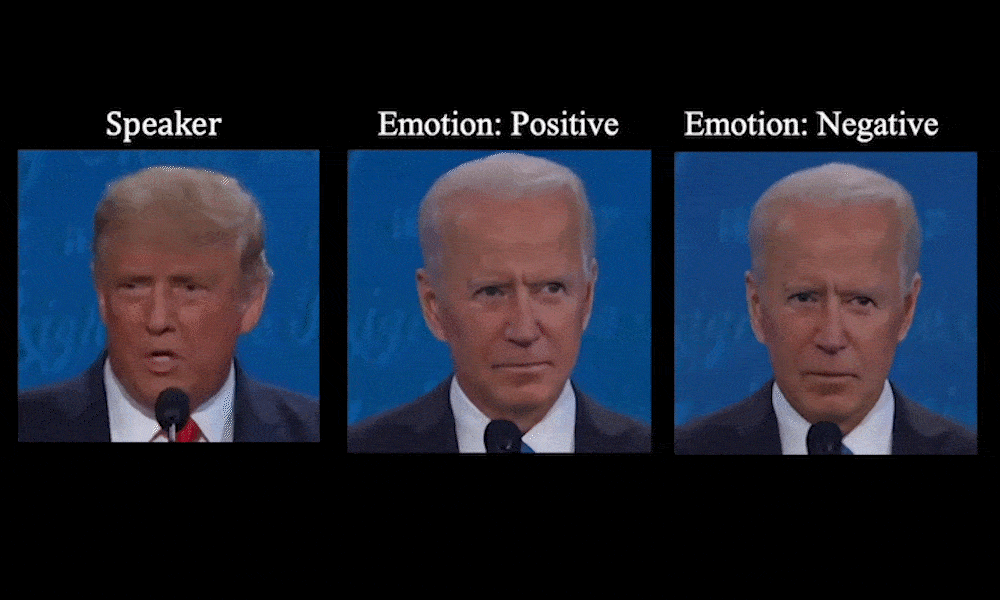AI Escalates Cyber Threats: 5 Alarming Trends Unveiled (2025 Report)
Microsoft's 2025 report reveals a surge in AI-driven cyberattacks by Russia and China, posing new challenges for U.S. cybersecurity.

Microsoft Warns of AI-Driven Cyber Threats from Russia and China
Microsoft has revealed a significant surge in the use of artificial intelligence (AI) by foreign adversaries, including Russia, China, Iran, and North Korea, to intensify cyberattacks targeting the United States. The technology giant’s recent research highlights how these nations are leveraging AI to automate, enhance, and diversify their digital espionage, misinformation campaigns, and cyber warfare tactics, raising urgent concerns about national security and global cyber stability.
Sharp Increase in AI-Driven Cyber Incidents
According to Microsoft’s annual digital threats report released in October 2025, the company detected more than 200 distinct incidents in July alone where foreign adversaries utilized AI-generated content to deceive and infiltrate U.S. systems. This figure represents more than double the AI-related cyber incidents reported in July 2024 and an explosive tenfold increase compared to 2023. The rapid escalation underscores how AI tools have become integral weapons in state-sponsored and criminal cyber operations.
Microsoft’s research shows that adversaries are no longer relying solely on traditional hacking methods but are increasingly exploiting AI’s capabilities to:
- Generate highly convincing fake content, including digital clones of senior government officials.
- Translate poorly constructed phishing emails into fluent, persuasive English to enhance social engineering attacks.
- Automate and accelerate the creation and deployment of disinformation and propaganda online.
- Penetrate sensitive government and corporate systems with more sophisticated, AI-optimized malware and ransomware.
AI as a Force Multiplier in Cyber Warfare
The report details how AI’s integration into cyber operations acts as a force multiplier for hostile actors. By automating tasks that once required significant human effort and expertise, AI enables these groups to scale their operations and evade traditional cybersecurity defenses.
For example, AI-generated deepfakes and synthetic media allow adversaries to impersonate high-level officials convincingly, sowing confusion and mistrust in public communication channels. Additionally, AI-enhanced phishing campaigns have become more personalized and effective, increasing the likelihood of compromising critical infrastructure or stealing classified information.
Microsoft’s security experts warn that such AI-driven tactics are part of a broader strategy by Russia, China, Iran, and North Korea to conduct espionage, disrupt supply chains, and undermine public trust in democratic institutions through digital means.
The Role of Criminal Gangs and State Partnerships
The report also highlights the complex interplay between state actors and cybercriminal organizations. Criminal gangs, often motivated by financial gain through ransomware and data theft, have increasingly formed partnerships with nation-states like Russia. These alliances allow for the sharing of AI tools and cyber capabilities, blurring the lines between political espionage and profit-driven cybercrime.
This convergence further complicates efforts to counter cyber threats, as it combines the resources and objectives of both government agencies and criminal enterprises, making attacks more frequent, sophisticated, and damaging.
Implications for U.S. Cybersecurity and Policy
The growing use of AI by foreign adversaries to escalate cyberattacks poses significant challenges for U.S. cybersecurity defenses. Traditional security measures may prove inadequate against AI-powered attacks that adapt quickly and exploit human vulnerabilities more effectively.
In response, Microsoft has urged increased investment in AI-powered cybersecurity solutions that can detect, analyze, and counteract such threats in real time. The company also calls for stronger collaboration between the private sector, government agencies, and international partners to develop comprehensive strategies against AI-enabled cyber warfare.
Experts emphasize the importance of:
- Enhancing AI literacy and awareness among government and corporate cybersecurity teams.
- Developing and enforcing international norms and agreements to regulate the use of AI in cyber operations.
- Investing in advanced AI-driven threat intelligence and response capabilities.
Conclusion
Microsoft’s latest findings expose a troubling trend where Russia, China, and other adversaries are harnessing artificial intelligence to escalate their cyberattacks on the United States. The rapid increase in AI-generated cyber threats demands urgent attention from policymakers, security professionals, and technology companies alike to safeguard national security and maintain global cyber stability.



